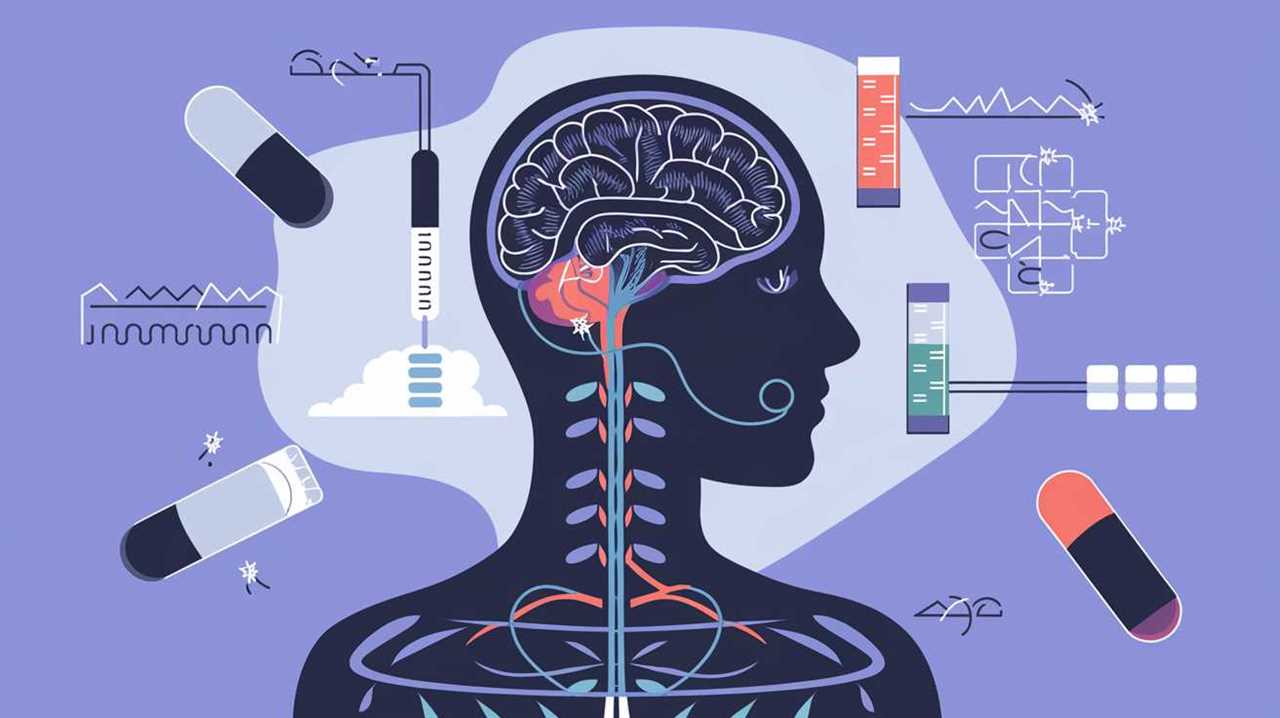
A "game-changing" Alzheimer's treatment that has been proven to slow the progression of the disease by 35% will not be available to NHS patients in England and Wales, despite being given the green light by the Medicines and Healthcare Products Regulatory Agency (MHRA).
A Summary of the Article
Donanemab: A Breakthrough in Alzheimer's Treatment
Donanemab, an antibody-based treatment, has been hailed as the "best ever" medicine for dementia after studies showed it slowed the memory-robbing illness by 35% - better than any previous treatments. The treatment works by removing amyloid, a protein that builds up in the brains of people with Alzheimer's, and has been shown to clear toxic proteins from patients' brains and slow mental decline.
NICE Ruling: A "Frustrating Setback" for Patients
The National Institute for Health and Care Excellence (NICE) has ruled that the benefits of the drug are "too small" to justify the cost to the health service, meaning patients will only be able to access the treatment through private clinics. The decision has been met with disappointment from Alzheimer's charities and researchers, who argue that the treatment has the potential to give patients an extra two years at home, rather than in a nursing home.
A "Small Amount of Hope" for Patients
While the decision is a setback for patients, researchers are optimistic that new treatments will become available in the future. Professor Tara Spires-Jones, president of the British Neuroscience Association, said that while people will "undoubtedly" be upset by the ruling, there is a "small amount of hope" that new research will bring us closer to treatments that are safer and more effective.
The Impact of Alzheimer's on Patients and Families
Alzheimer's disease affects over 982,000 people in the UK, with numbers expected to spiral to 1.4 million by 2040. The disease is the leading cause of death in the UK, and the impact on patients and families can be devastating. Peter Almond, a 78-year-old retired journalist who was one of the first patients to take donanemab, said that the treatment has helped him to stay at the same level as when he started on the trial three years ago.
A Call for More Funding for Dementia Research
Mr Almond, who has fundraised for Alzheimer's Research UK, said that it is vital to raise money for research to continue the progress and help the hundreds of thousands of people who are living with dementia. The charity is calling for more funding for dementia research, arguing that the benefits of treatments like donanemab outweigh the costs.
A Comparison with Other Diseases
Professor Sir John Hardy, one of the world's leading researchers in the field, said that NICE has once again "come down on the wrong side of the argument" about drugs which were "game-changing". He argued that in other diseases, such as cancer, treatments have become more effective, safer, and cheaper over time, and that the same progress should be seen in dementia.
A Look to the Future
While the decision on donanemab is a setback for patients, researchers are optimistic that new treatments will become available in the future. With continued funding and research, it is hoped that treatments like donanemab will become more widely available, giving patients and families hope for a better future.






